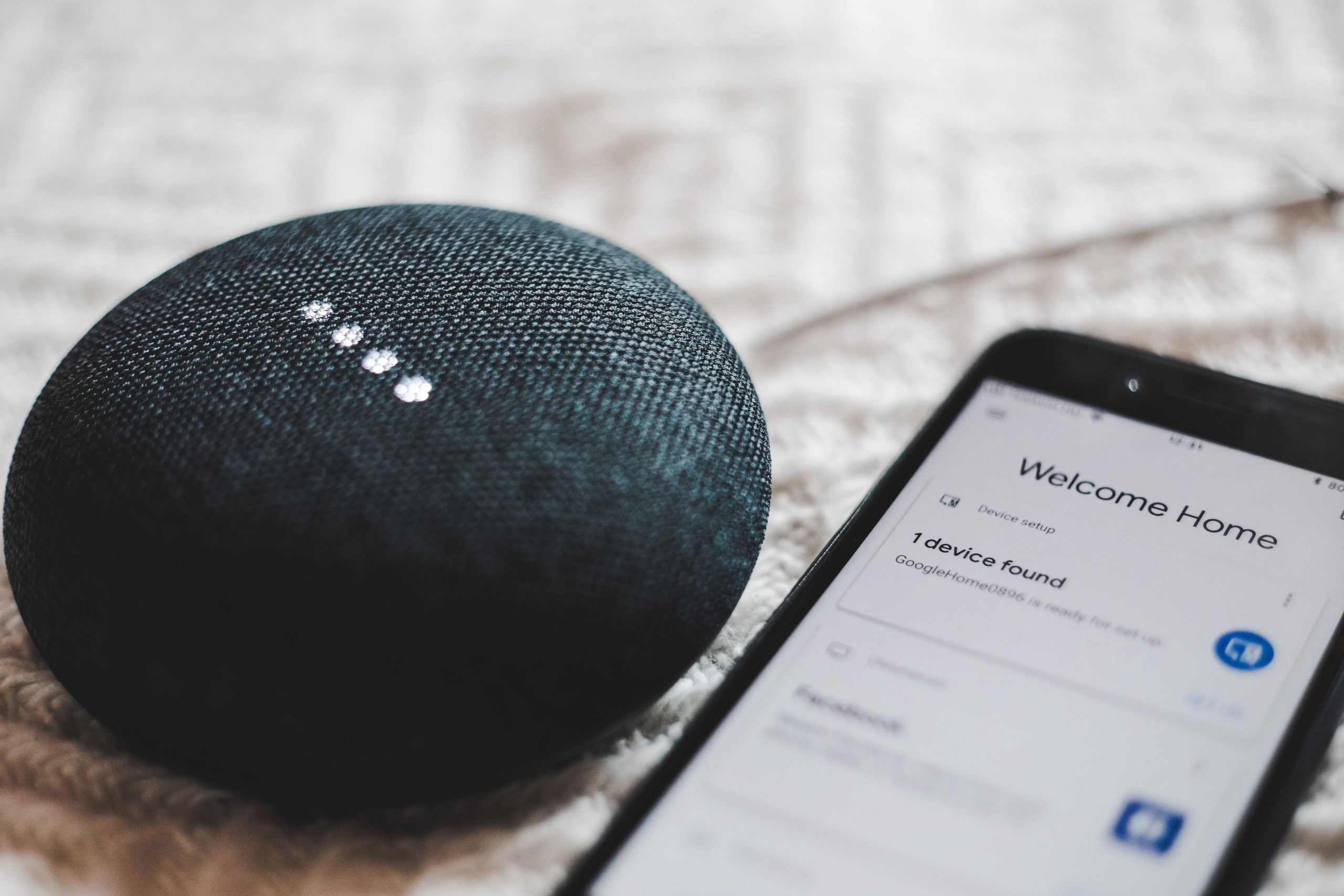How do smart speakers help people with disabilities?


Smart speakers are everywhere. Almost 28% of US households owned at least one smart speaker device in 2018, and in 2019, research undertaken by Strategy Analytics predicted that 50% of Irish households would have a smart speaker by 2025. Ireland wasn’t alone: households in the United Kingdom, Canada, South Korea, Australia, Germany, and France were all predicted to have over 50% adoption of smart speakers.
The increased prevalence of these devices has been nothing short of a game changer for people with disabilities. Smart speakers can provide information in audio form for those who are blind or visually-impaired, link to smart home technology to assist those with motor difficulties in completing tasks, and even provide a less cluttered living experience to help people with a neurodiverse condition in living more independently.
Because smart speakers are usually controlled via voice, accessing information becomes much easier for those who have limited vision.
Imagine a simple scenario: you are standing in the kitchen after washing dishes and you wonder what time it is. For sighted people, the obvious solution is to look at a wall clock, but this is not much use if you cannot see the clock. Normally, you would need to find a talking clock or keyring that would tell you the time, but now you can just ask your smart speaker.
And this is only the beginning. Traditional gaming is inaccessible to those with sight loss, but smart speakers can provide alternatives to console or mobile games. They also allow access to audio books, which is important to many people who are blind or visually-impaired but is a particular comfort for anyone who loved books before losing their sight.
Smart speaker devices can even function as internet radios, allowing people to listen to radio from around the world and vastly increasing the potential perspectives and connections open to those with sight loss. Screen readers such as Amazon VoiceView and iOS VoiceOver mean that for the most part, smart speakers that come with screens or touch control surfaces are not an issue.
Depending on someone’s disability, tasks that seem simple like turning on a light or opening curtains might be quite challenging or even impossible.
Smart speakers combined with Smart Home Technology can be a huge help in this regard. A person can use their voice to complete these tasks, or even automate them to happen at certain times of the day with limited or no user input needed.
The concept of curtains automatically opening at sunrise might sound like science fiction, but it is a very real task smart speaker technology can accomplish and has a great impact on the lives of people with disabilities.
It stands to reason that owning a device with an embedded microphone can assist those with hearing impairments too. Smart speakers are able to detect sounds like a doorbell ringing, a dog barking, or a baby crying, and then alert someone using non-auditory means.
Something as simple as flashing a light when a beeping oven timer is heard is a much better experience than noticing an unusual smell in the house 30 minutes later. Accessibility features like these might seem like small things, but they make a big difference.
The full impact of smart speakers on the lives of people with disabilities are too vast to contain to only one article. These devices have been designed with accessibility in mind, and their variety of features add up to create something that can quite accurately be described as life-changing.
As smart speaker technology evolves, it only gets better, with Apple reportedly rolling out more sound recognition features on the HomePod later this year. Smart speakers have become a door to independence for many, and they are a door that will hopefully continue to stay open into the future.
If you would like to know more about IA Labs’ work on voice model interactions and how smart speakers can improve the lives of people with disabilities, contact us today.